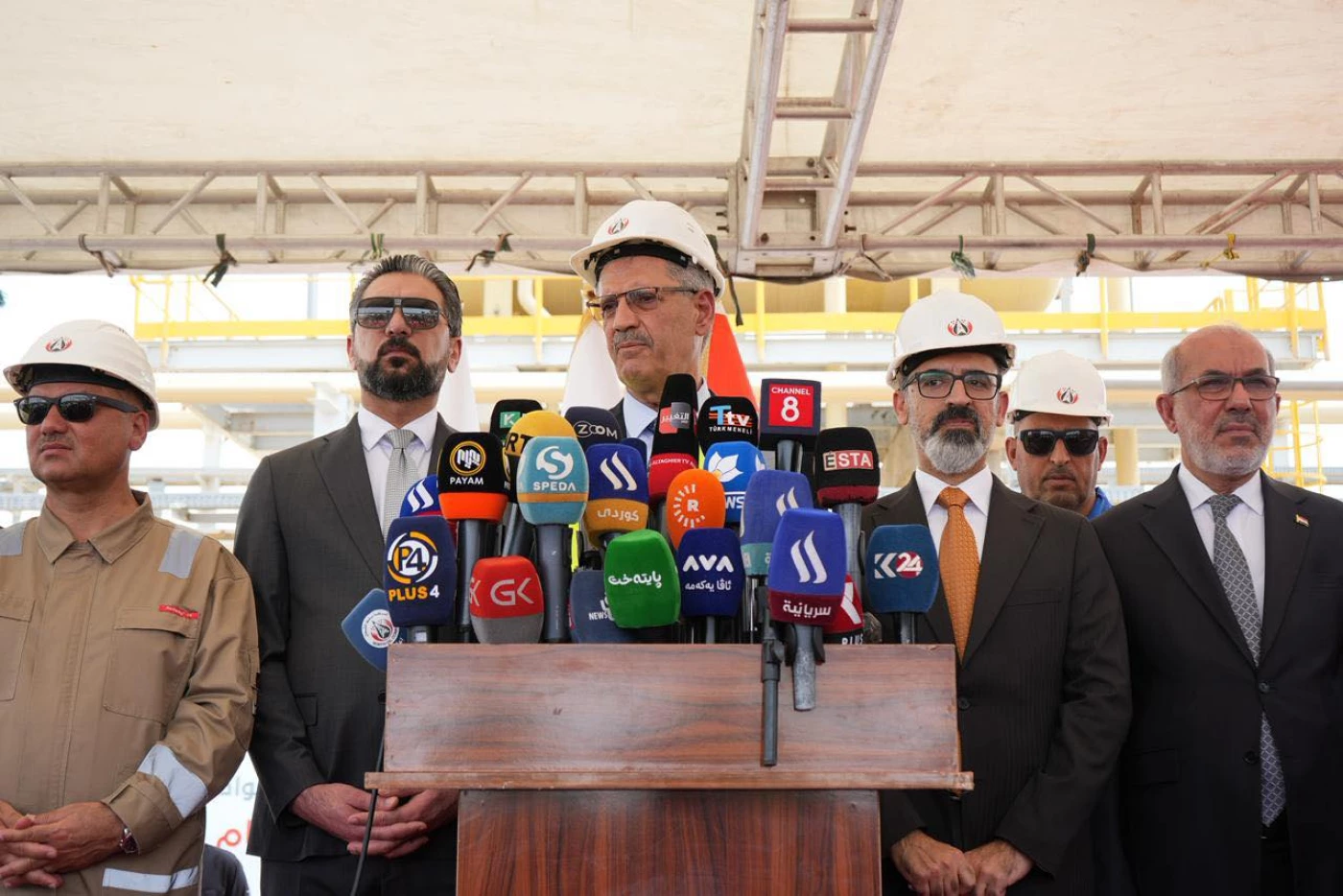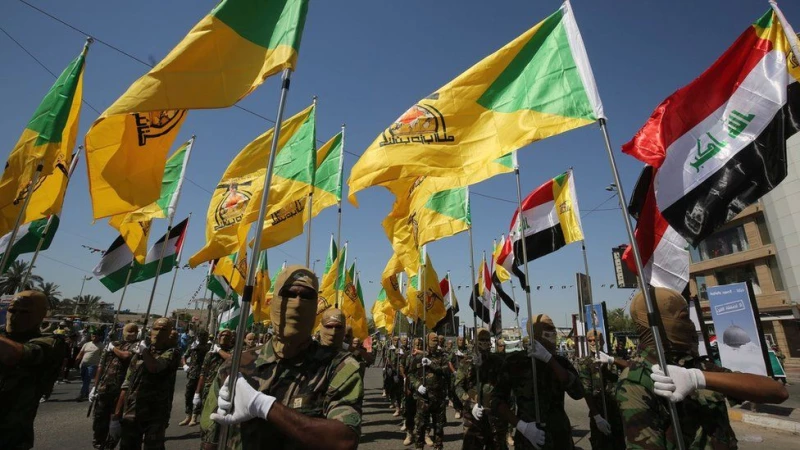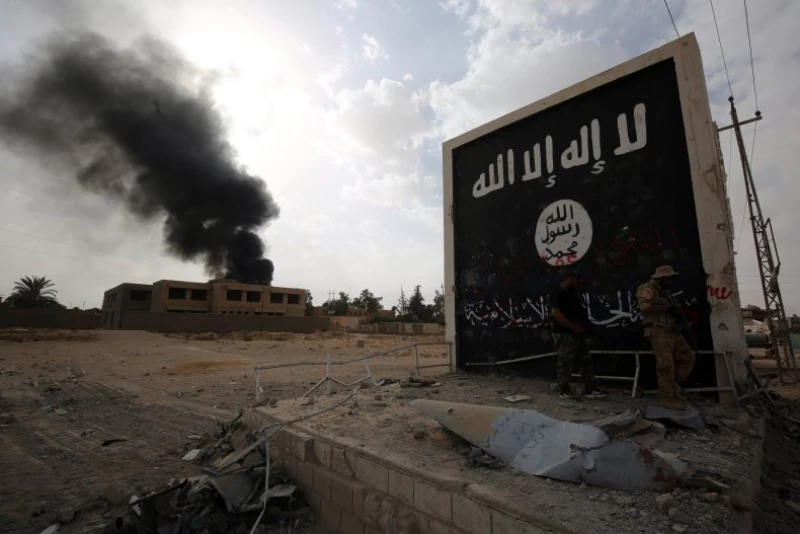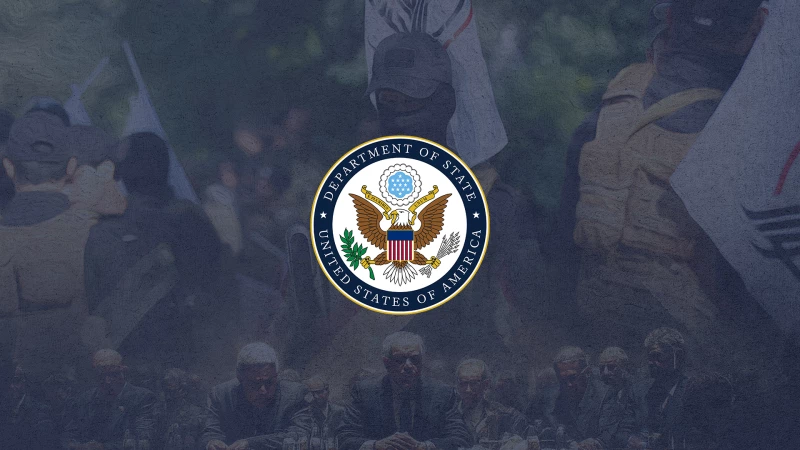ERBIL, Kurdistan Region of Iraq – Iraqi Oil Minister Hayyan Abdul Ghani on Wednesday announced that Baghdad will be receiving 80,000 barrels of oil from the Kurdistan Region “either today or tomorrow,” but stressed that pumping oil through the Turkish Ceyhan pipeline will be done “sequentially”.
Speaking at a press conference at the Jambur oil field in Kirkuk, Abdul Ghani said that they have an agreement with the Kurdistan Regional Government (KRG) to receive the produced oil and export it after isolating 50,000 barrels per day for local consumption.
“Yesterday, we were in communication with the [KRG] natural resources ministry and they confirmed that production has reached around 130,000 barrels per day, and therefore we agreed with them to receive 80,000 barrels, aside from the local consumption, which will be received either today or tomorrow and collected in the tanks to be exported through the Ceyhan port, God willing,” the minister told reporters.
Exports of the Kurdistan Region’s oil through the Turkish Ceyhan pipeline were halted in March 2023 after Ankara lost a case against Baghdad in a Paris-based arbitration court. The case accused Ankara of breaching a 1973 agreement by allowing the KRG to start selling oil independently of Baghdad.
“The pumping process requires oil storage. The oil will be collected in tanks and pumped sequentially through the pipeline of Ceyhan port.”
Erbil and Baghdad struck an agreement in mid-July, whereby the Kurdistan Region agreed to deliver 230,000 barrels of oil per day to Baghdad to be exported through the federal government's State Organization for Marketing of Oil (SOMO), while keeping 50,000 barrels for local consumption. Additionally, the KRG will hand over 120 billion Iraqi dinars in non-oil revenues to Baghdad as its share of the federal treasury, in exchange for salaries.
Abdul Ghani acknowledged that the drone attacks on the Kurdistan Region’s oil fields and the suspension of work by some international oil companies (IOCs) have reduced oil production, leading to Baghdad accepting 80,000 barrels per day, instead of the previously-agreed upon 230,000.
“The initial agreed upon amount is 230,000 barrels, but out of our keenness to resume exports urgently the available amounts will be received,” he said. “We are obliged to receive no less than 230,000 barrels of crude oil per day in the first stage, which could be increased to implement what was outlined in the Budget Law which stipulates the export or production of no less than 400,000 barrels per day. We will start with this amount until we reach the 400,000.”
The minister said that the agreement between Erbil and Baghdad is valid for one year and will continue until July 2026, during which other agreements will be reached to restart the process.
The halt in oil exports through the Ceyhan pipeline in recent years has dealt a major blow to Iraq and the Kurdistan Region, with over 30 billion dollars in lost revenue to date.


 Facebook
Facebook
 LinkedIn
LinkedIn
 Telegram
Telegram
 X
X



